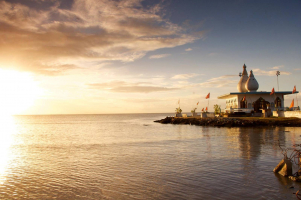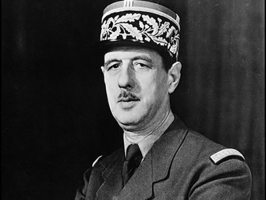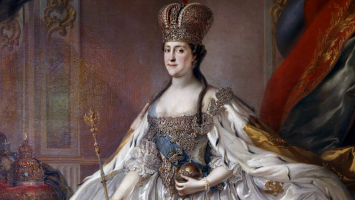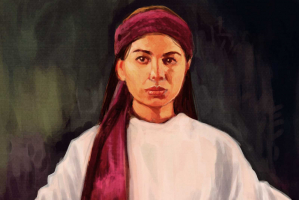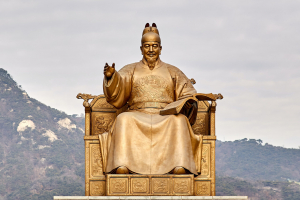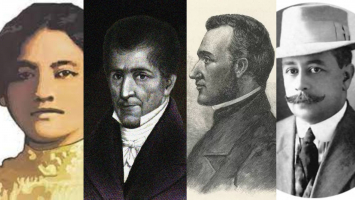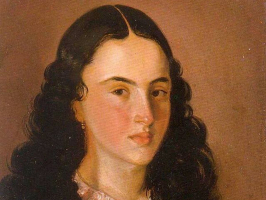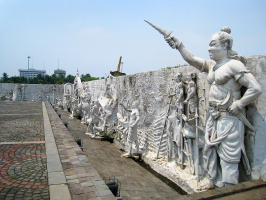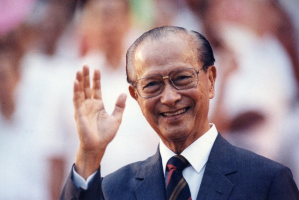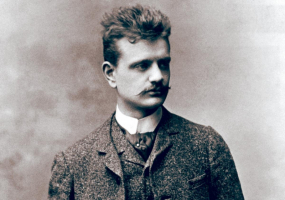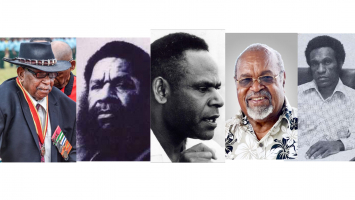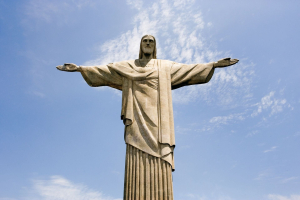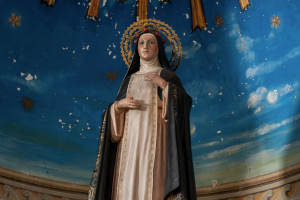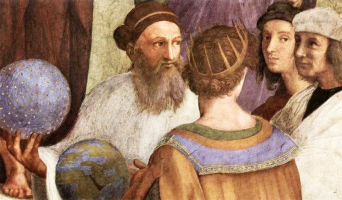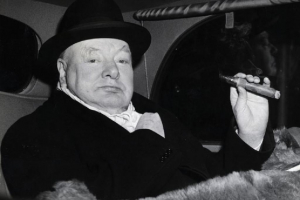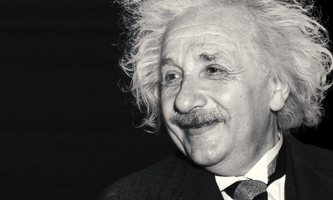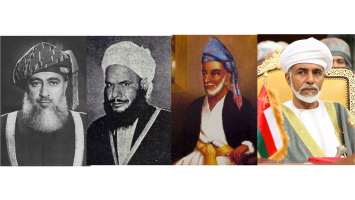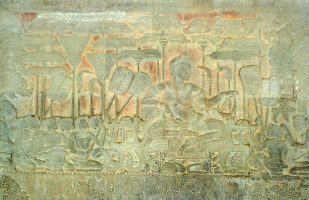Top 3 Most Important Historical Figures In Trinidad and Tobago
Every country has historical figures who have made great contributions to the country and Trinidad and Tobago is no exception. This post will give you the most ... read more...important historical figures in Trinidad and Tobago. Let's dive in!
-
The first place in the list of most important historical figures in Trinidad and Tobago is Kwamw Ture. Kwame Ture (born Stokely Standiford Churchill Carmichael; June 29, 1941 – November 15, 1998) was a leading organizer in the American civil rights struggle and the global pan-African movement. He was born in Trinidad and moved to the United States when he was 11 years old, where he became an activist while attending the Bronx High School of Science. He was a pivotal figure in the evolution of the Black Power movement, first as the leader of the Student Nonviolent Coordinating Committee (SNCC), then as the "Honorary Prime Minister" of the Black Panther Party (BPP), and finally as the leader of the All-African People's Revolutionary Party (AAPRP) (A-APRP).
Carmichael was one of the initial SNCC freedom riders in 1961, led by Diane Nash. After being trained by Ella Baker and Bob Moses, he became a key voting rights fighter in Mississippi and Alabama. He became disillusioned with the two-party system, like most young people in the SNCC, after the 1964 Democratic National Convention refused to recognize the Mississippi Freedom Democratic Party as official delegates from the state. Carmichael later opted to form autonomous all-black political organizations, such as the Lowndes County Freedom Organization and, for a brief while, the national Black Panther Party.
Inspired by Malcolm X's example, he defined a Black Power worldview and disseminated it through both explosive speeches and more somber publications. Carmichael rose to prominence as one of the most popular and divisive Black leaders of the late 1960s. The FBI's director, J. Edgar Hoover, privately named Carmichael as the man most likely to succeed Malcolm X as America's "black messiah." Because the FBI had identified him for counterintelligence operations through its COINTELPRO program, Carmichael relocated to Africa in 1968. By 1969, he had reestablished himself in Ghana and later in Guinea. There, he took the name Kwame Ture and began agitating for revolutionary socialist pan-Africanism on a global scale. Ture died in 1998, at the age of 57, from prostate cancer.
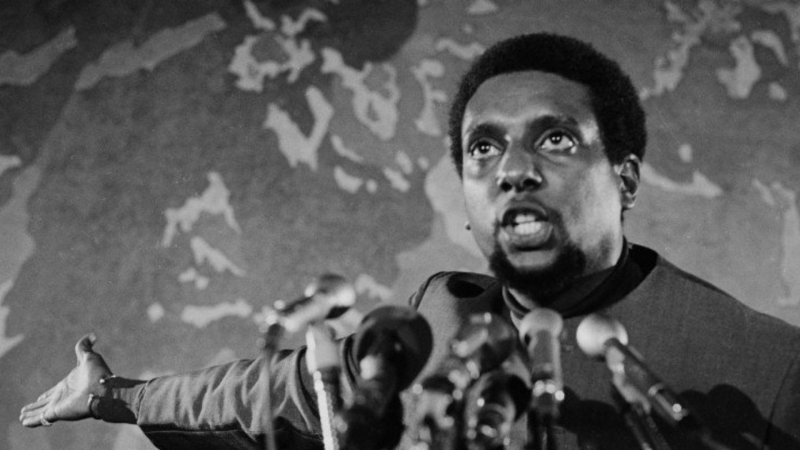
Photo: Motivation Africa 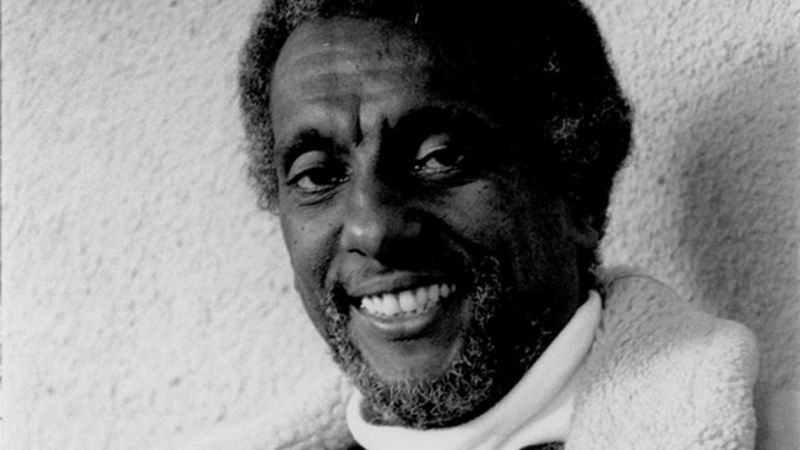
Photo: All-African People's Revolutionary Party -
Arthur Napoleon Raymond Robinson SC OCC TC (December 16, 1926 – April 9, 2014), sometimes known as A. N. R. or "Ray" Robinson, was the third President of Trinidad and Tobago, serving from March 19, 1997 to March 17, 2003. He was also Trinidad and Tobago's third Prime Minister, serving from December 18, 1986 to December 17, 1991. He is remembered for his suggestion that resulted in the establishment of the International Criminal Court.
Robinson was the first active politician elected to the Presidency, and the first presidential candidate who did not run unopposed (the opposition People's National Movement nominated Justice Anthony Lucky as its presidential candidate). President Robinson sparked controversy during his tenure by refusing to appoint certain senators recommended by Prime Minister Basdeo Panday following the 2000 elections, and by appointing the Leader of the Opposition Patrick Manning to the position of Prime Minister following a tied election in 2001.
Robinson received the Trinity Cross, Trinidad and Tobago's highest order, in 1997. The reigning Ooni of Ile-Ife, Nigeria, Olubuse II, referred to President Robinson and his wife as past beneficiaries of the same royal honor during the investiture of President Thomas Boni Yayi of Benin as a titled Yoruba chieftain on 20 December 2008. The airport in Tobago was renamed A. N. R. Robinson International Airport in May 2011, replacing the name "Crown Point International Airport." A. N. R. Robinson received Tobago's highest honor, the Tobago Medal of Honour, in November 2011.
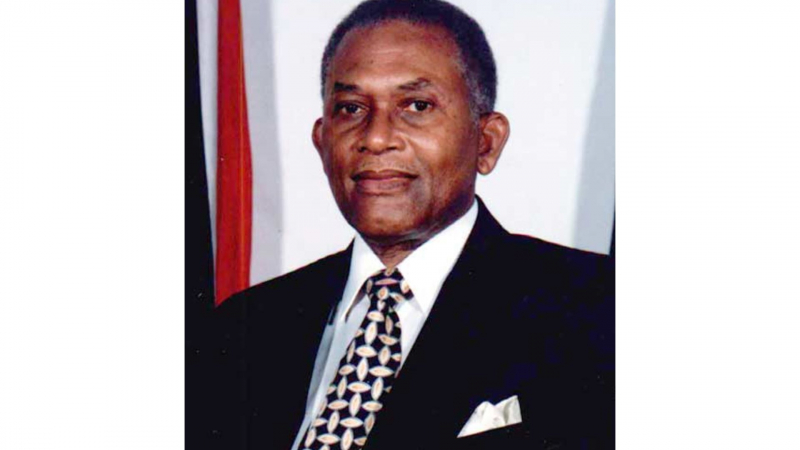
Photo: United States Congress 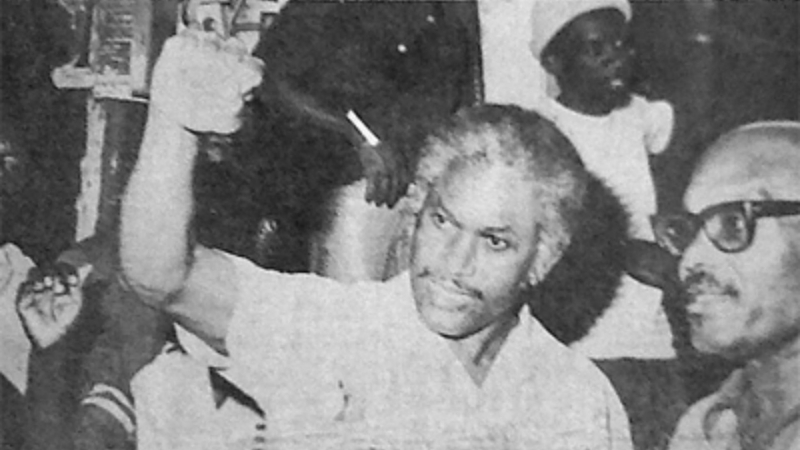
Photo: Repeating Islands -
Cyril Lionel Robert James (4 January 1901 – 31 May 1989), was a Trinidadian historian, writer, and Marxist who wrote under the pen name J. R. Johnson. His works have had an impact in a variety of theoretical, social, and historical contexts. His writing is a Marxist staple, and he is regarded as a pioneering and prominent voice in postcolonial literature. A dedicated political worker, James is the author of World Revolution, a 1937 work describing the history of the Communist International that sparked dispute in Trotskyist circles, and The Black Jacobins, a 1938 treatise on the Haitian Revolution.
One literary critic described James as a "anti-Stalinist dialectician," and he was recognized for his autodidactism, occasional playwriting and fiction - his 1936 novel Minty Alley was the first novel by a black West Indian to be published in Britain and his love of sports. He is also well-known as a cricket writer, and his 1963 book Beyond a Boundary, which he described as "neither cricket reminiscences nor autobiography," is often regarded as the best single book about cricket, and even the best book about sports ever written.
While in Trinidad, James began to agitate for West Indian independence. In 1933, Leonard and Virginia Woolf's Hogarth Press published a shortened version of his Life of Captain Cipriani as the pamphlet The Case for West-Indian Self Government. He was named Chair of the International African Friends of Abyssinia, afterwards renamed the International African Friends of Ethiopia (IAFE), a group created in 1935 in response to the Italian fascist invasion of Ethiopia (the Second Italo-Abyssinian War). Amy Ashwood Garvey, Jomo Kenyatta, and Chris Braithwaite were among the key members.
He eventually returned to Britain in 1981 and spent his final years in Brixton, London. In the 1980s, he received an Honorary Doctorate from South Bank Polytechnic for his body of sociopolitical work, which included work on race and sport. James died on May 19, 1989, in London, of a chest infection, at the age of 88. That's all about the third most important historical figure in Trinidad and Tobago we want to mention!
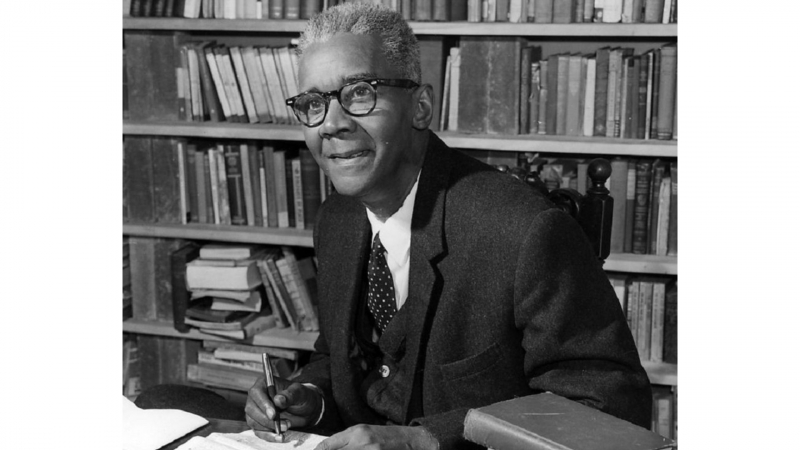
Photo: Libcom.org 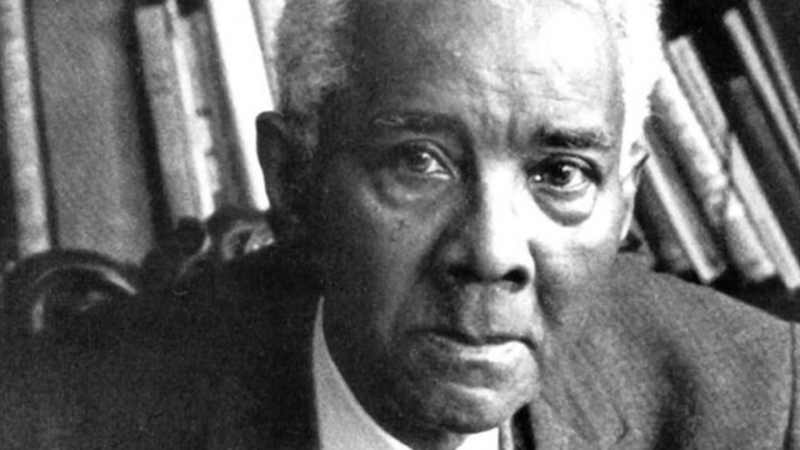
Photo: Black Agenda Report





